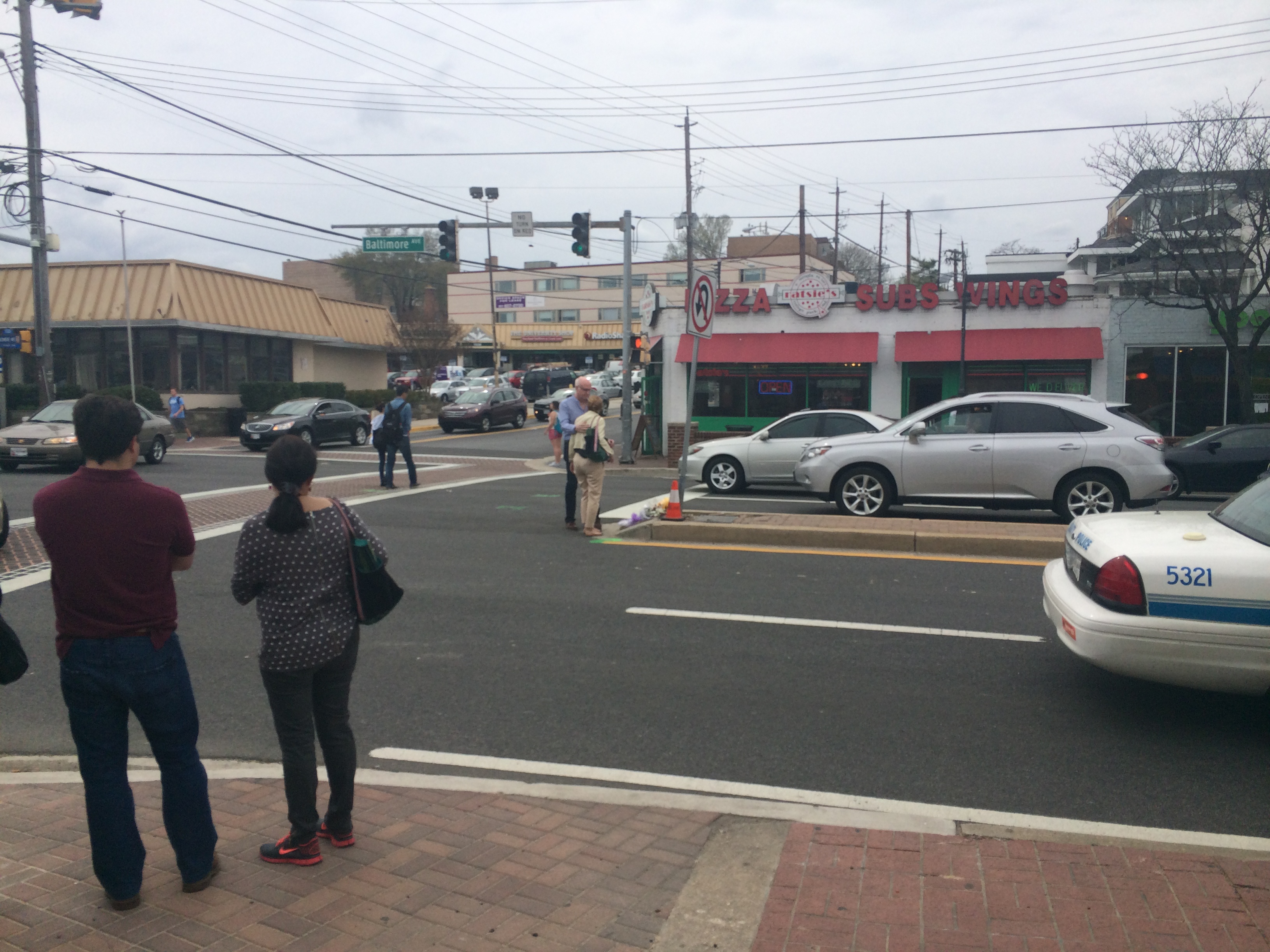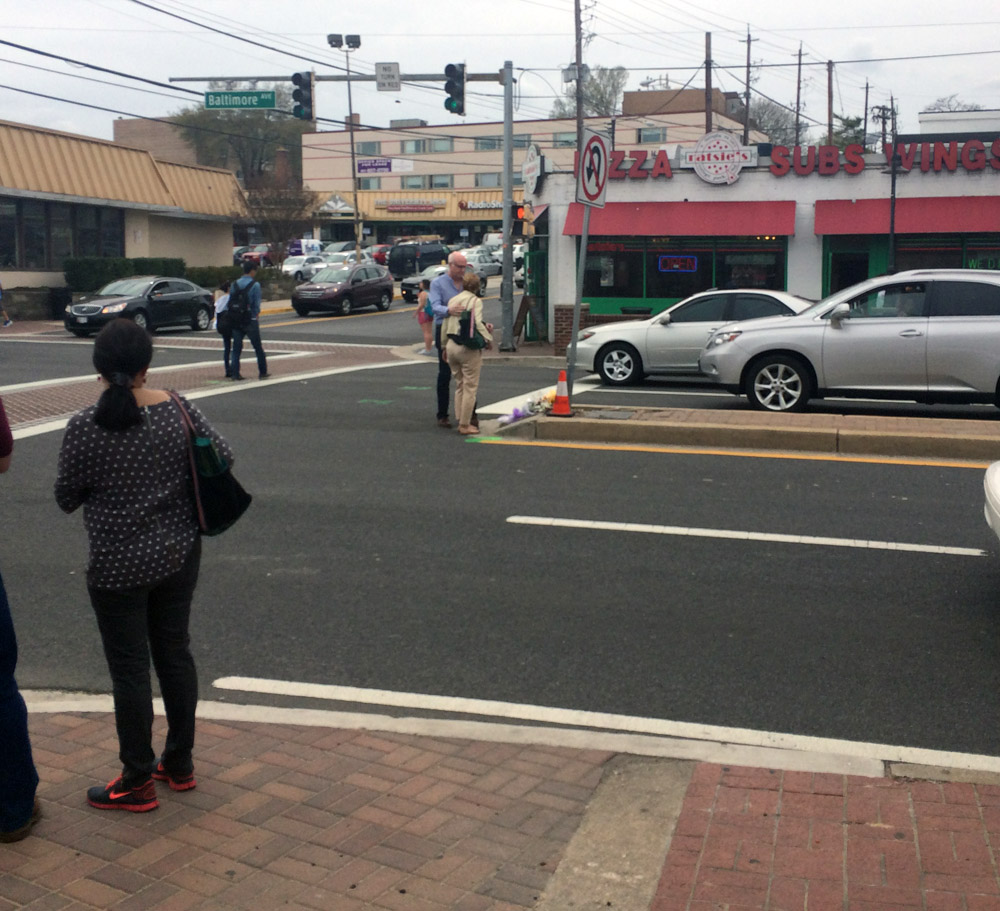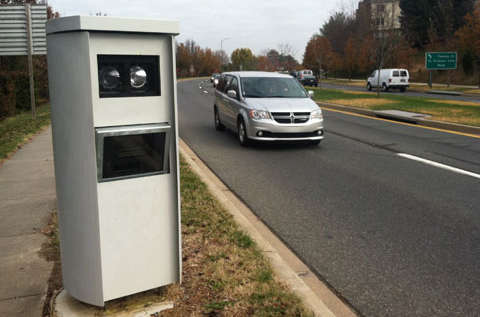COLLEGE PARK, Md. — The primary purpose of speed cameras is to make roads safer, especially in areas with a lot of pedestrian traffic.
And after several deaths involving pedestrians near the University of Maryland, College Park, city leaders in 2014 extended the ticketing time of seven area cameras to 24 hours a day.
Since that move, ticket revenue has more than doubled, according to AAA Mid-Atlantic — and much of the money collected for the citations goes not to the community, but to the for-profit vendors that operate the cameras.
“The vendor is getting nearly 40 percent of every speed camera ticket that is paid. It is one of the most-lucrative speed camera contracts in the state of Maryland,” said John Townsend of AAA Mid-Atlantic.
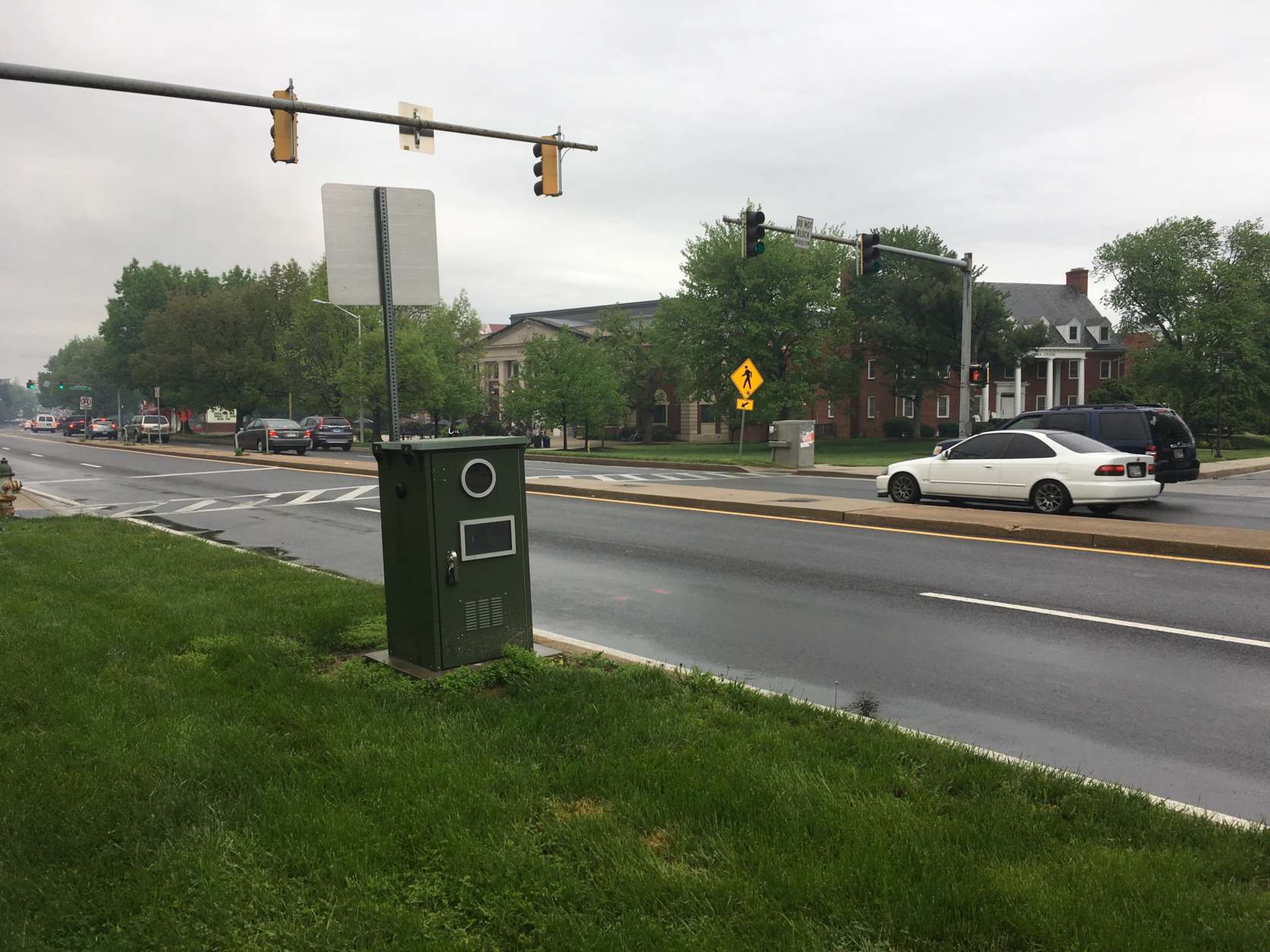
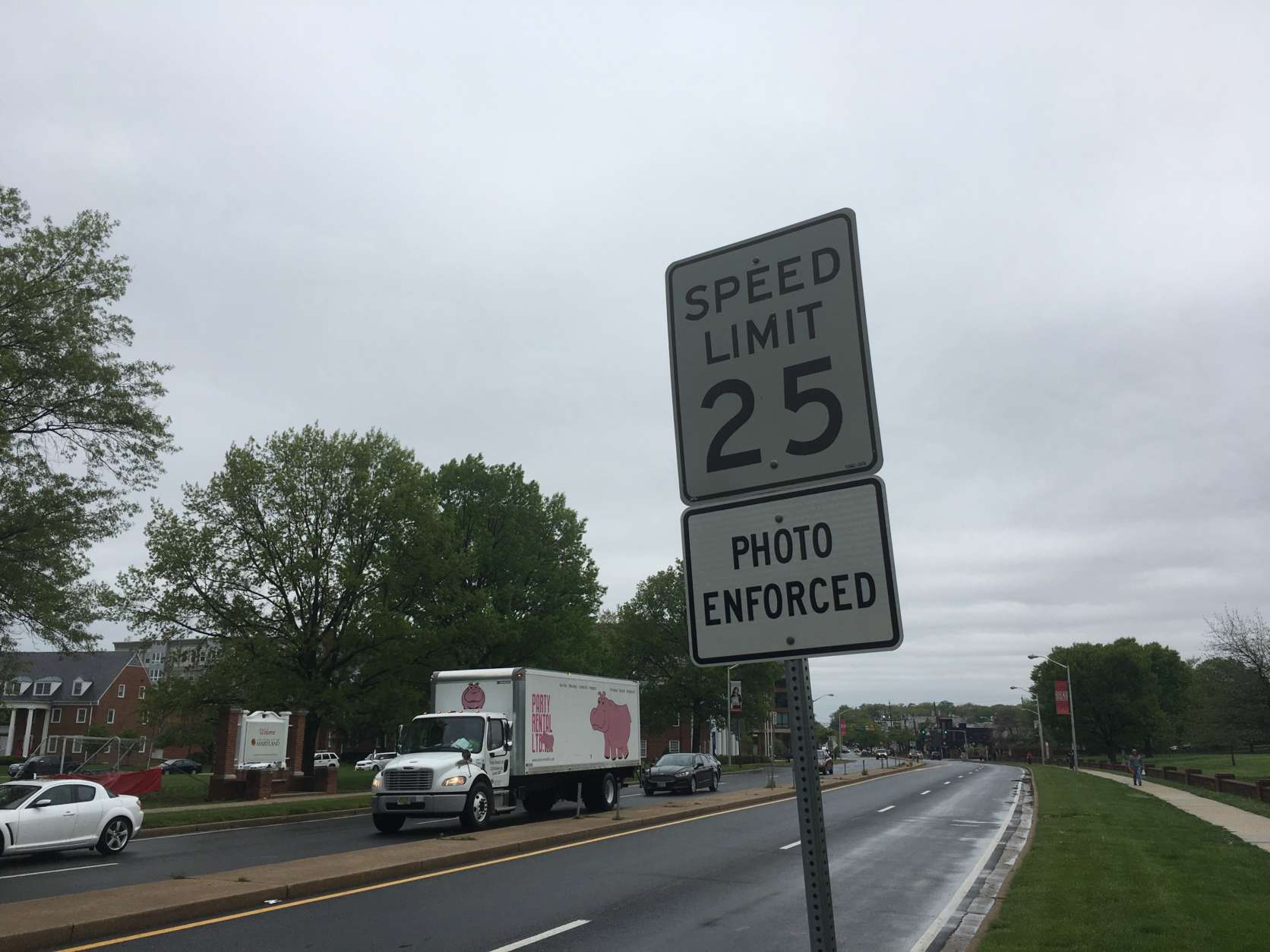
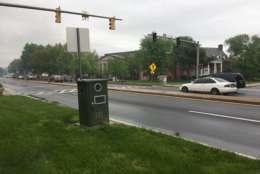
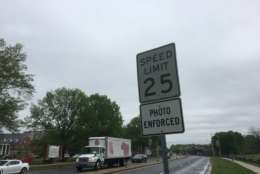
From 2014 to 2015 — during the time the around-the-clock ticketing was established — the city saw a 202 percent increase in the number of tickets the cameras issued. During 2015, the city pulled in $3,972,115 from more than 115,000 tickets, and $1.5 million of that went to Optotraffic, the company behind the cameras.
In 2016, as more drivers became aware of the cameras, ticket totals dropped to just over 45,000; those tickets pulled in $3,305,500, with $1.3 million of the payments going to the vendor.
“This is really not about traffic safety,” Townsend said. “It is about revenue not only for the city’s coffers, but also for the vendor’s bottom line.”
Contracts such as the one between the city of College Park and Optotraffic, Townsend said, were more commonplace in the past. But now, many jurisdictions use flat-fee or fee-for-service contracts. The city, he said, should have moved toward that sort of agreement, instead of what some motorists believe is a “bounty system.”
In Maryland, lawmakers tackled the issue of per-ticket payment agreements between municipalities and vendors back in 2014. The General Assembly passed a bill that prohibits contractors from collecting a per-ticket fee beginning June 1. It also sets a cap at speed camera citations at $40. The new law, Townsend said, will force the city to change its contract with the vendor, eliminating the pay-per-ticket system.
“That’s actually better for the city’s bottom line, and it protects taxpayers, while protecting vulnerable highway users at the same time,” Townsend said.
The city of College Park said since the beginning of the year, it has been in negotiations with Optotraffic to amend the contract to come into compliance with the new requirements by June 1, 2017.
“The amended contract, which pays for each camera based on a flat, monthly fee, is on the Mayor and Council’s consent agenda for April 25, 2017 for adoption,” College Park Communications Coordinator Ryna Luckert Quiñones said in an email to WTOP.
“The City is in full compliance with the State code. There have been no additional pedestrian deaths in the City due to excessive speed since this heightened response began.”
WTOP reached out to Optotraffic for comment on this story but has yet to hear back.
Editor’s note: This story has been updated to include comment from College Park that wasn’t available at the time of the story’s initial publishing.


